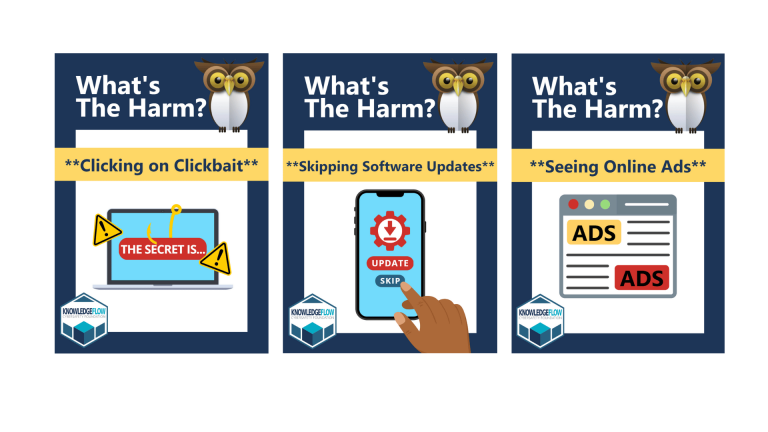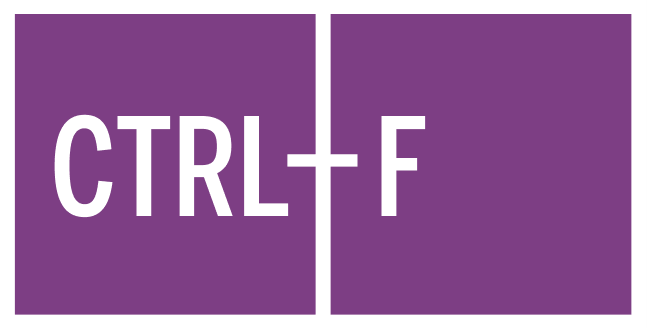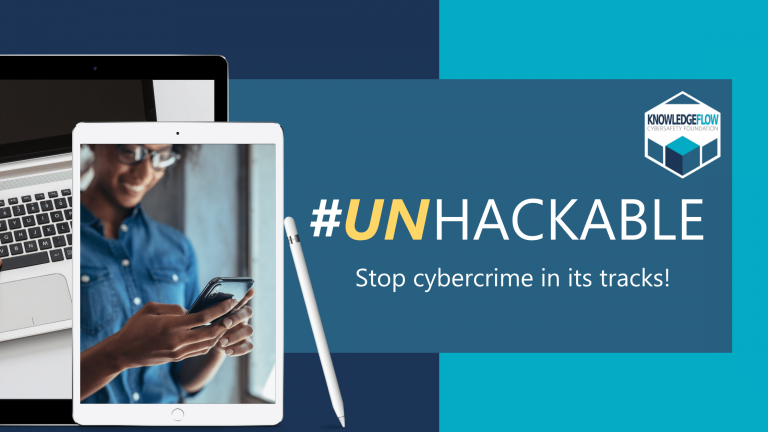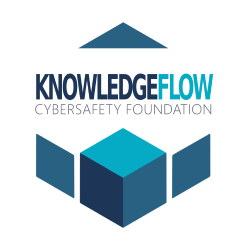


OTF Grant Helps Make Ontarians #UnHackable
Introducing the KnowledgeFlow Cybersafety Academy On February 7, 2023, local MPP Chris Glover will join the team…

CTRL-F: Find the Facts, a contemporary verification skills program
CTRL-F: Find the Facts is a verification skills program that helps students in grades 7 to 12 learn how to read laterally, and build the habit of investigating information.

5 Things Kids Need To Know To Avoid Infection
5 Things Kids Need To Know To Avoid Infection
Just like a medical infection – you don’t want one! Malicious apps are designed to infect your computer with ‘malware’.
